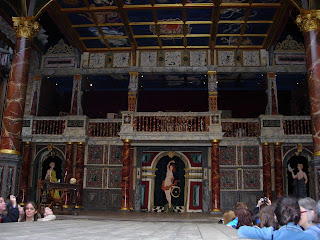It's New Year's Eve, the final day of 2011.
I have to admit I don't really get new year. There's usually a lot of pressure, whether it's to have a fabulous night out or to make a list of resolutions that will change your life for the better.
One of my biggest gripes about New Year is the cost of the night out. I would have loved to have gone out with my friends, but couldn't justify the cost of the ticket (it's very sad).
But it's not all bad: tonight will be spent in front of the telly with the Breaking Bad boxset (if you haven't seen it, you must - it's excellent: The Wire meets The Big C). Oh, there will be some nice wine and food too.
I don't see the point in resolutions. January 1 is a landmark - fresh start and all that - but whatever your goal, be it quit smoking/lose weight/start a new hobby/learn a new skill/get that dream job - why wait for that magic day that comes but once a year? Life is too short: grab it with both hands.
This year, I've enjoyed reading Alice Pyne's blog . You may have heard about her; the 16 year old has terminal cancer and she's been working through her 'bucket list'. Her chirpy writing, dry sense of humour and intention to live every day to its fullest are an inspiration. She's still going strong, despite a grim prognosis that predicted she wouldn't see this Christmas.
Some people I know get a bit down around new year, looking at the past 12 months, another year older and concerned they hadn't achieved quite what they'd hoped.
Yes, I know it's Pollyanna-ish, but life is rubbish enough, what with the current economic climate and Dave & Co. doing their very best to make it even worse. Surely it's better to look at what you have achieved, however small?
Thank you to everyone for taking the time to read my blog this year and for your support. Wherever you're spending New Year's Eve, have a good one.
I wish you all a happy and successful 2012. Take every day as it comes.



